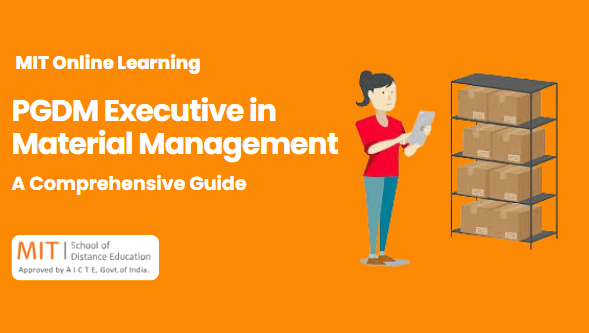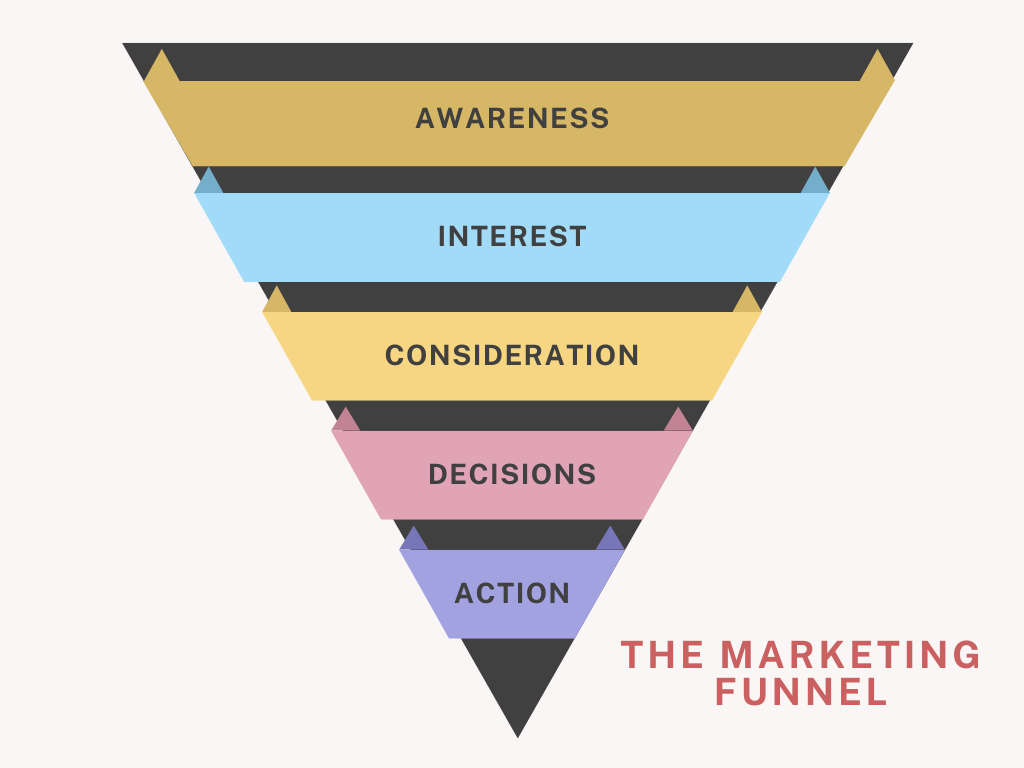
In the fast-paced world of digital marketing, staying ahead of the game is not just an option – it’s a necessity. As businesses work to connect with their target market, the tools at their disposal are becoming increasingly sophisticated.
Two powerful contenders in the digital marketing arena are Email Marketing and Marketing Automation. From personalized campaigns to automated communication, these strategies are at the forefront of modern marketing. Let’s explore the nuances that set these strategies apart.
Email marketing is the seasoned player in the game, a classic method that has stood the test of time. Think of email marketing as the handwritten letter of the digital age. It involves sending targeted emails to a group of individuals to promote products and services or building brand awareness.
The primary goal of Email Marketing is to establish direct communication with the audience, keeping them informed and engaged. Basically, email marketing is like the friendly neighbour who drops by with goodies, consistently maintaining a personal touch. It’s cost-effective, direct, and has been a staple for businesses of all sizes.
However, the challenge lies in the manual effort required. Crafting emails, segmenting lists, and scheduling deliveries demand time and attention. The effectiveness often depends on the sender’s ability to create compelling content and choose the right timing for outreach.
On the other hand, Marketing Automation is the modern maestro of efficiency. It involves the use of software to automate repetitive marketing tasks and workflows. Marketing automation software can simplify processes, nurture leads, and provide a personalized customer experience. It’s like having a personal assistant who handles repetitive tasks, like sending emails, social media posts, and more.
Automation is the secret sauce behind personalized customer journeys. It’s the brain behind the strategy, optimizing efficiency and scalability.
One of the key advantages of marketing automation tools is the ability to nurture leads through the sales funnel. It doesn’t just stop at sending emails. It tracks customer behaviour, adjusts communication based on interactions, and provides insights for continuous improvement.
Both email marketing and marketing automation aim to engage the audience, but the key lies in the details. Email marketing focuses on individual campaigns – a burst of messages directed towards a specific goal. On the other hand, marketing automation takes a holistic approach, creating a continuous, automated flow of communication.
The key difference lies in the level of personalization and potential for scaling. Email marketing thrives on personal touch but may struggle when dealing with larger audiences. Marketing automation, with its data-driven insights, excels at scaling personalized experiences. This makes it a favourable choice for businesses aiming for widespread impact.
How can a post graduate diploma in marketing management help?
In the dynamic landscape of marketing, embracing both email marketing and marketing automation can be the winning strategy. Email marketing maintains the personal connection, while marketing automation adds the efficiency and flexibility required to navigate the complexities of the digital age.
The differences between marketing automation and email marketing highlight the various approaches available for businesses to connect with their audience. Understanding these distinctions is not only beneficial for businesses but also indicates the evolving nature of the marketing landscape.
A top PG diploma in marketing gives individuals the skills to navigate email marketing, marketing automation, and other trends. Such courses equip marketers with the skills to navigate emerging technologies, analyse data effectively, and create marketing strategies that resonate with today’s diverse audience.
As the digital marketing landscape evolves, professionals equipped with a deep understanding of these tools and strategies become indispensable.
MITSDE offers among the best PGDM marketing courses for distance learning. The course goes beyond theory, offering practical insights into the implementation of these tools in real-world scenarios.
It equips marketers with the ability to strategize, analyse data, and make informed decisions to drive business growth. A distance PGDM marketing course becomes a beacon for success in the dynamic field of digital marketing.



